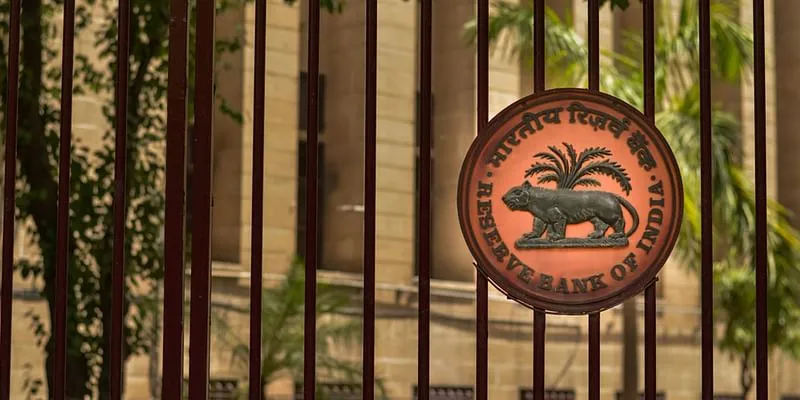RBI mandates lenders to furnish Key Fact Statement to retail, MSME borrowers
During the bi-monthly monetary policy meeting, RBI Governor Shaktikanta Das expanded the existing KFS mandate, which previously applied solely to loans from commercial banks to individual borrowers, digital lending by RBI-regulated entities, and microfinance loans.
The Reserve Bank of India (RBI) has mandated that all lenders must now furnish a Key Fact Statement (KFS) detailing the terms of loan agreements, encompassing the all-inclusive annual percentage rate (APR), to borrowers for both retail and MSME loans.
APR is the interest charged for borrowing and indicates the annual cost of the loan.
The directive, announced by RBI Governor Shaktikanta Das during the bi-monthly meeting of the central bank's Monetary Policy Committee, expands the current mandate of KFS, which was previously applicable only to loans from commercial banks to individual borrowers, digital lending by RBI-regulated entities, and microfinance loans.
Governor Das emphasised the central bank's commitment to enhancing transparency and disclosure practices among RBI-regulated entities in terms of loan pricing and associated charges. The measures aim to simplify and clarify crucial information about loan agreements for borrowers.
The KFS is designed to present key details in an easily understandable format, empowering borrowers to make well-informed decisions. The move is expected to significantly benefit both retail and MSME loan applicants by providing comprehensive insights into the terms and costs associated with their loans.

MSMEs show borrowing growth; increase in share of credit from SCBs, NBFCs: Report
Prashant Muddu, Managing Director and CEO, Jocata—a digital lending transformation platform, tells SMBStory that the RBI’s announcement on KFS requirements for retail and MSME loans will foster more transparency within the credit ecosystem.
"This will bring clarity among borrowers about the terms of the loan agreement, including the complete cost of the loan such as loan rate of interest and other associated costs such as the processing fees, legal charges etc,” he notes.
In the future, there will be increased regulatory scrutiny and a greater policy emphasis on banks, NBFCs, and fintechs to enhance their focus on priority sector lending.
Raja Debnath, Managing Director of Veefin Solutions Ltd, has also welcomed the RBI's decision and says that initially, the lack of transparency often led to financial stress and hindered informed decision-making for MSMEs.
Sharing an example, he notes, “Oftentimes, MSMEs have been unaware of charges like foreclosure fees, which can be substantial and significantly impact their bottom line. With KFS, such hidden costs will be brought to light, enabling businesses to make informed decisions and plan their finances accordingly. By requiring lenders to disclose all charges upfront in a standardised format, MSMEs may finally understand the full, all-inclusive cost of their loans. This also empowers them to compare offers effectively, negotiate better, and prevent unfavourable circumstances in the future.”
Meanwhile, the RBI also announced a review of the regulatory framework for electronic trading platforms (ETPs).
Governor Das said that over the last few years, there has been increased integration of the onshore forex market with offshore markets, along with notable developments in the technology landscape and an increase in product diversity.
Market makers have also requested to access offshore ETPs offering permitted Indian Rupee (INR) products.
"In view of these developments, it has been decided to review the regulatory framework for ETPs. The revised regulatory framework will be issued separately for public feedback," Das said.
(Additional info has been added to this PTI copy for context.)
Edited by Kanishk Singh







